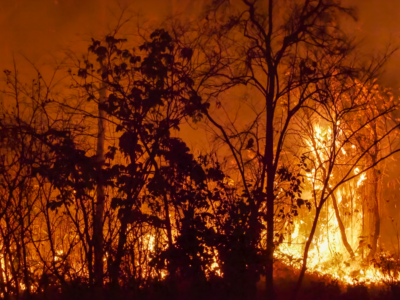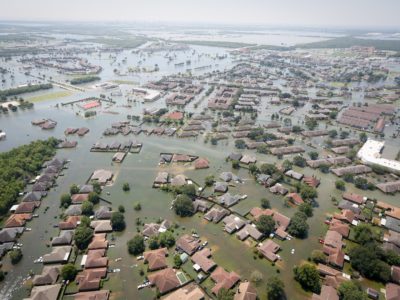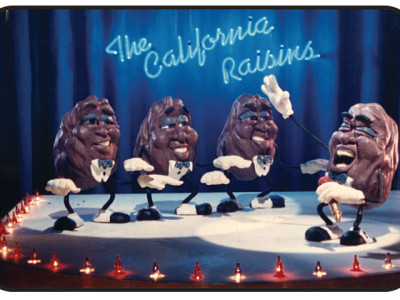physical takings
When Did Property Rights Drop Off the Conservative Agenda?
Property used to be a central conservative concern. Not so much these days.
One of the pillars of conservative thought used to be protection of property rights. But along with belief in free markets, it now seems to have lost its place of pride. The word “property” doesn’t even appear in the 2024 Republican platform. And I can’t remember Trump ever speaking about property rights.
CONTINUE READINGWildfire Liability in California: A Primer
California has a unique approach to lawsuits against utilities for causing fires.
Like other states, California allows wildfire lawsuits against utilities based on negligence. When a plaintiff can prove that the utility was negligent – in other words, failed to exercise reasonable care – plaintiffs can recover for environmental damage, reforestation costs, and loss of profits. But California also allows recovery even when a utility did nothing wrong, under a theory called inverse condemnation. The PG&E bankruptcy made it clear that no-fault utility liability could threaten the financial health of the power system. The legislature created a new fund to deal with the problem.
CONTINUE READINGIs Saving Lives Unconstitutional? A Response to John Yoo
Takings law is complicated, but the answer to this question is clear. The answer is no.
Like others on the extreme right, the Hoover Institution is campaigning against “stay at home” orders because they cost too much money. Regrettably, the most recent argument to this effect on their website is by my colleague John Yoo. He argues that the Constitution requires states to compensate business owners for their losses. That’s simply …
Continue reading “Is Saving Lives Unconstitutional? A Response to John Yoo”
CONTINUE READINGWhen is a Flood a Government Taking?
Should the feds be liable for flooding during Hurricane Harvey?
A federal statute bars nearly all claims against the federal government for flooding. Victims of flooding from Hurricane Harvey seem to have found a loophole by claiming that their property was taken without just compensation by flooding. The facts are unusual, but the case raises some deep questions about financial responsibility for flood control. Here …
Continue reading “When is a Flood a Government Taking?”
CONTINUE READINGDrought and the Supreme Court
Does the Court’s Decision in the Raisin Case Imperil Water Management?
When I first read Rick’s writeup of the Supreme Court’s decision in USDA v. Horne, concerning the federal government’s Depression-era system of “marketing orders” that required farmers to set aside a percentage of their raisin crop in a government-controlled account, I was worried about water. And that’s not just because I always worry about water. Horne turned on …
Continue reading “Drought and the Supreme Court”
CONTINUE READING







